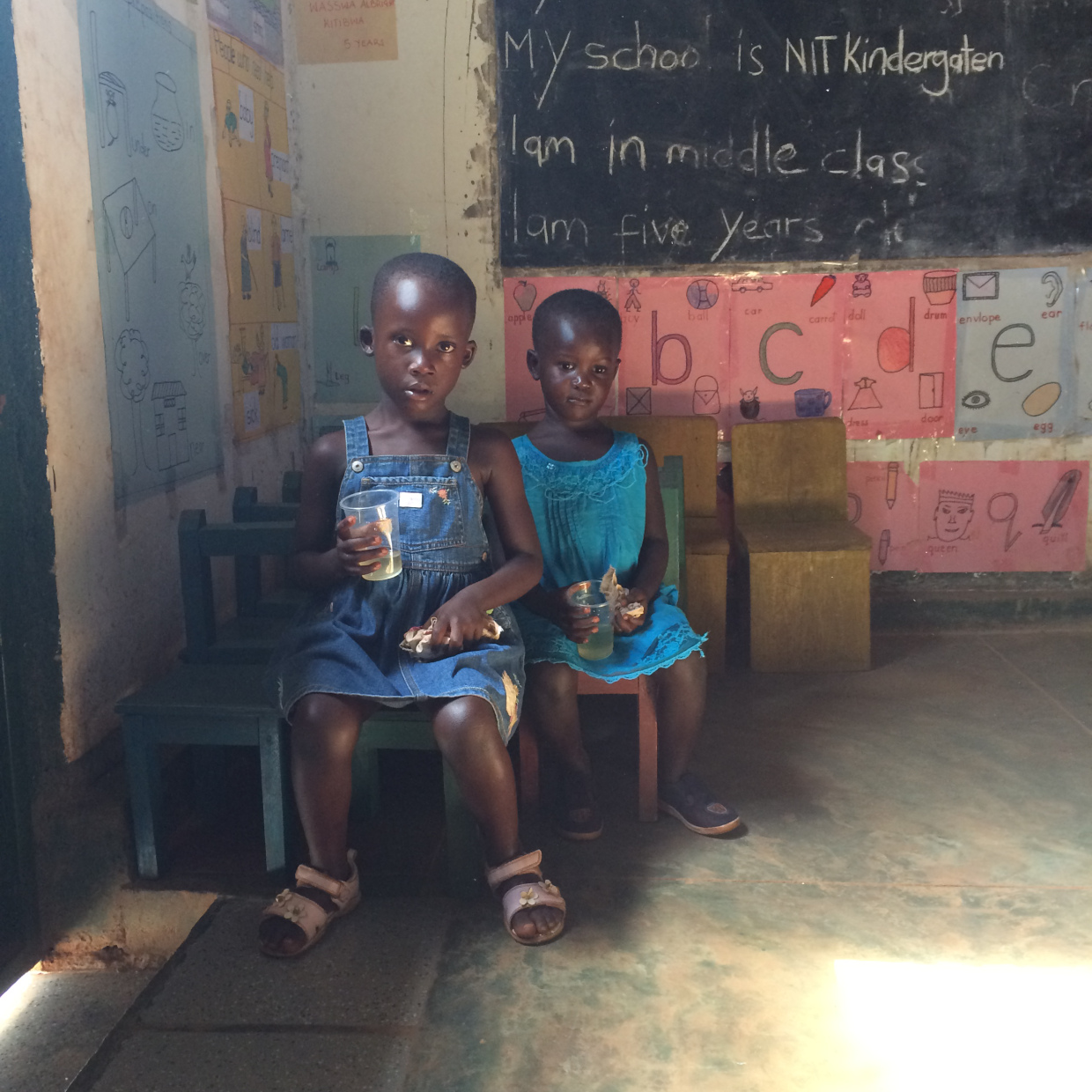As I plopped a lemonade-flavored, electrolyte hydrating tablet into my plastic water bottle, I could feel Sylvia’s big eyes watching my every move. With our rear-ends simultaneously bouncing up and down as our rickety bus maneuvered its way through the saturated streets of Kampala, my Ugandan friend asked me what it was that I had just put into my water.
After explaining that the tablet would keep me hydrated, she revealed a soft smile and gently shook her head side to side; “we would never do this,” she said, “we trust ourselves. We know that nothing can happen.”
Not knowing how to respond, I turned to watch the dusty scenery outside. Sylvia meant no harm with her comment, but I couldn’t help feeling embarrassed, uncomfortable, and so undeniably American.
I spent three weeks in Kampala, Uganda this past January. Until recently, I had been waiting to reach an epiphany where everything I experienced would come together when I could tie up the lessons I learned with a bow and gift it to the world like a perfectly-wrapped Christmas present. That never happened. Instead, the snippets I carry continue to be individual memories that each help to obliterate the idea of Africa I had created in my mind.
I was surprised when our bus drove through a slum to visit the Sosolya Center in Uganda, where I was reminded that we’re more likely to find happiness in nothingness, than in an abundance of material things.
Sosolya is an organization that helps socially disadvantaged children by teaching them music and dance. When my NYU group arrived at Sosolya, the late-afternoon Ugandan sun was brighter than ever as our bus precariously navigated through tight, unpaved roads. When the bus had finally reached its limit of squeezing through uncomfortably tight spaces, we got out and walked.
The smell was what impacted me first. The sour stench of rotting human feces and burning garbage was inescapable, and I felt so enveloped by it that I could hardly think. The sun was so bright that it seemed to purposefully prevent me from seeing anything clearly. Thinking back, however, it may have been my mind that was preventing me from seeing the slum clearly. I couldn’t grasp the idea of people making a home there. All I could think was, “this is no way to live.”
But then I heard the music. The boom of wooden sticks rhythmically pounding on leather drums. We were greeted at the gates of Sosolya with a performance like no other. Kids of all ages with matching, traditional costumes, and large drums were dancing their hearts out for us.
The smell and the scintillating sun fell away. What was left was a group of children giving us the greatest gift we could have received. Their energy and virtuosity infiltrated the space and seeped into the late-afternoon sky. Some as young as 4-years-old were sweating and stomping on a concrete dance floor with bare feet. They performed piece after piece, smiling through the heat, bugs, and fatigue for no other reason than to share their art with us.
Instead of ending the performance with us praising them, the kids invited us to dance. During our impromptu dance party, there was no distinction between us and them. They performed our moves and we performed theirs. We were no longer people, but souls floating to the rhythm together.
In the middle of a slum, we had reached heaven.
Dear Reader: This page may contain affiliate links which may earn a commission if you click through and make a purchase. Our independent journalism is not influenced by any advertiser or commercial initiative unless it is clearly marked as sponsored content. As travel products change, please be sure to reconfirm all details and stay up to date with current events to ensure a safe and successful trip.




